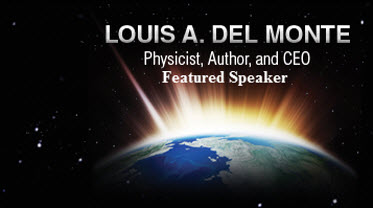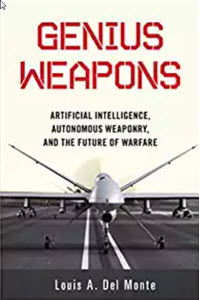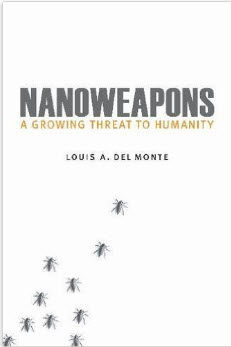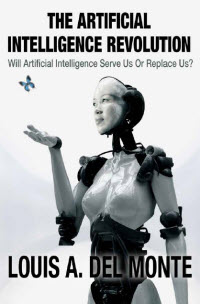In our last post (part 1) we discussed the scientific nature of time. In reality, there is no widely agreed on scientific definition of time. We humans typically measure time with regard to change. For example, one day is the amount of time it takes the Earth to rotate one complete revolution on its axis. One year is typically equal to 365 days, and so on. For humans, a day or a year can be a significant amount of time. In fact, as of 2010, the latest data available, the life expectancy for American men of all races is 76.2 years and 81.1 years for American women. However, let’s put that into perspective. The universe is estimated to 13.8 billion years old. The Earth and our entire solar system is estimated to be approximately 4.6 billion years old. Humans, as a species, have only been around for approximately 200,000 years. Viewed in cosmic terms, human existence is in its infancy, and the life span of a typical human is so small in cosmic terms that it would be lost in rounding errors. My point is that time is relative. We humans have personalized time and describe it in terms meaningful to us. However, how would our view of time change if human life expectancy were doubled, tripled, or even extended indefinitely?
To answer this question, let us begin by defining what we mean by the singularity. Mathematician John von Neumann first used the term “singularity” in the mid-1950s, referring to the “ever accelerating progress of technology and changes in the mode of human life, which gives the appearance of approaching some essential singularity in the history of the race beyond which human affairs, as we know them, could not continue.” Science-fiction writer Vernor Vinge further popularized the term and even coined the phrase “technological singularity.” Vinge argues that AI, human biological enhancement, or brain-computer interfaces could result in the singularity. Renowned author, inventor, and futurist Ray Kurzweil has used the term in his predictions regarding AI and cited von Neumann’s use of the term in a foreword to von Neumann’s classic book The Computer and the Brain.
In this context “singularity” refers to the emergence of SAMs (i,e,, strong artificially intelligent machines)and/or AI-enhanced humans (i.e., cyborgs). Most predictions argue the scenario of an “intelligence explosion,” in which SAMs design successive generations of increasingly powerful machines that quickly surpass the abilities of humans.
Almost every AI expert has his or her own prediction regarding when the singularity will occur, but the average consensus is that the singularity will occur between 2040 – 2045. There is also widespread agreement that when it does occur, it will change humankind’s evolutionary path forever.
With the emergence of SAMs and SAH cyborgs (i.e., SAH means strong artificially intelligent human, typically via technology brain implants), whose existence may approach immortality, it is not clear how they will view time. Rotation of the Earth around it axis and the rotation of the Earth around the Sun may have little meaning to them. For example, cosmologist forecast our Sun is will burnout in approximately another 5 billion years. To immortal entity, they may choose to base time on a more cosmic basis of change. This would imply that entropy (i.e., a thermodynamic quantity representing the unavailability of a system’s thermal energy for conversion into mechanical work, often interpreted as the degree of disorder or randomness in the system) and changes in entropy may become their measure of time. From both theory and experimental observation, we know that the entropy of the universe proceed in only one direction. It increases. This appears to correlate well with how we humans view time as change, from the present to the future., and continually increasing.
It may well turnout that entropy is the only true measure of change. However, theoretically the entropy of the universe will reach a maximum at some point in the far distant future and cease to change. That will imply the end of the universe. Cosmologist argue the universe began with a big bang (i.e., a theory in astronomy: the universe originated billions of years ago in an expansion from a single point of nearly infinite energy density). It appears the universe will end when the entropy of the universe reaches a maximum. This is sometimes referred to as “heath death.”
I judge that time will have meaning in the post singularity world and will continue to be a measure of change. However, it will not be the type of change we humans typically are aware of, like days or years. I offer for your consideration that SAMs and SAH cyborgs will adopt changes in entropy as their measure of time. What do you think?











